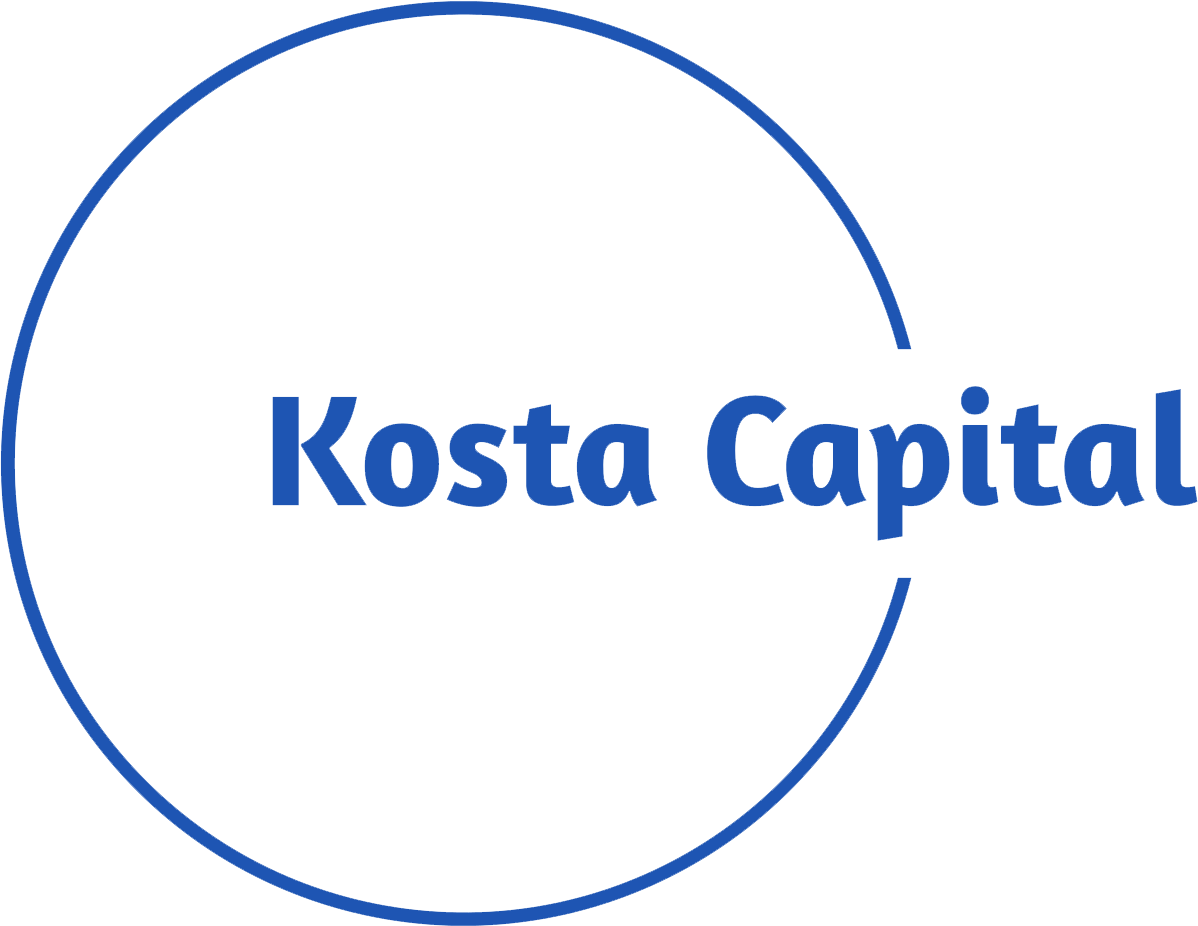A hard money loan is a short-term real estate loan, usually given to real estate investors for a period of 12 months. Loan amounts are based upon the value of the real estate rather than the credit quality of the borrower. Hard money lenders are individuals, family offices, or mortgage loan funds.
Closing costs on hard money loans vary depending on many factors. Loan origination fees range between 1-3 points. Generally, lower Loan-To-Value (LTV) loans have lower origination fees while riskier loans have higher origination fees. The size of the loan can also affect the amount of origination fees. Usually, lenders will charge more points for smaller loan amounts.
Like other types of mortgages, hard money loan interest rates are heavily dependent on the interest rate environment. Currently, Interest rates on hard money loans range from 8% to 13.99%. Rates starting at 8% are for lower Loan-To-Value (LTV) loans of 50-60% LTV on 12-month bridge loans. Higher rates of 13.99% are on “piggyback” second mortgages as part of a fix and flip loan, where the lender issues a first mortgage at 10.00% and a second mortgage for construction at 13.99%.
To obtain a hard money loan, a borrower could either apply directly with a lender or they could work with a mortgage broker specializing in hard money loans to find the right lender. Hard money lenders usually have a narrow focus of the types of loans offered, so it might benefit a borrower to apply through a hard money mortgage broker to be matched with the lender whose lending niche fits the borrower’s needs.
To qualify, a borrower needs to determine if the loan will be for consumer purpose (owner occupied and second homes) or for business purpose (investment, rental, etc). Then, fill out the appropriate mortgage application for underwriting by providing the required personal and financial documentation, title report, and property appraisal. Generally, hard money lenders lend solely for business purposes.
There are three options available when a hard money balloon payments comes due: sell the property, refinance into a new loan, or extend the hard money loan. Selling the property is common when the borrower has a hard money bridge loan where the original plan was to sell before the balloon payment came due. Borrowers can also refinance into another hard money loan or into a conventional loan. If payments have been made on-time during the term of the loan, many lenders will extend the loan prior to the balloon payment coming due.
Generally, hard money loans require an appraisal or Broker Price Opinion (BPO). However, Kosta Capital works with some investors / lenders in California that will review comparable property sales (comps). It is best to connect with us to determine whether your specific transaction will require a third-party valuation report or not.
Some hard money loans have a prepayment penalty while others do not. It depends on the lender and what they require. Some lenders, instead of instituting a prepayment penalty, will require an “Interest Guarantee”. A common Interest Guarantee is 3 months of interest, or 3 payments, on a 12-month bridge loan.
The standard prepayment penalty is calculated as “80% of 6 months interest.” If the monthly interest payment was $5,000/month, then it would be calculated as:
$50,000 X 6 = $30,000 X 80% = $24,000 Prepayment Penalty
Based on a standard prepayment penalty, the borrower is permitted to do a principal paydown of 20% ‘penalty-free’. If you are unsure of your penalty, it is best to contact us for clarification.
An interest guarantee on a hard money loan is a requirement that a borrower make a minimum number of monthly payments. Often, with a 12-month hard money bridge loan, the lender will require an interest guarantee of 3 months, meaning that even if the borrower paid off the loan after making two payments, the borrower would still owe one additional payment as part of the 3-month interest guarantee.
It depends on the lender. Some hard money lenders will set aside 12-months of payments into an escrow account, sometimes called an ‘interest reserve’, to make monthly payments on a loan. On luxury spec home bridge loans where the property is listed for sale on the market, this practice is very common.
Even though the hard money loan is considered “asset-based”, the lender still wants to make sure the borrower is on solid ground financially. Hard money lenders prefer borrowers with liquidity to service the debt payments and want to make sure that the borrower has a likely exit strategy when the balloon payment comes due. It’s a better business practice to lend to performing borrowers rather than make loans with a higher likelihood of default. Hard money lenders are in the business of recycling capital, not foreclosing on their borrower’s assets!

